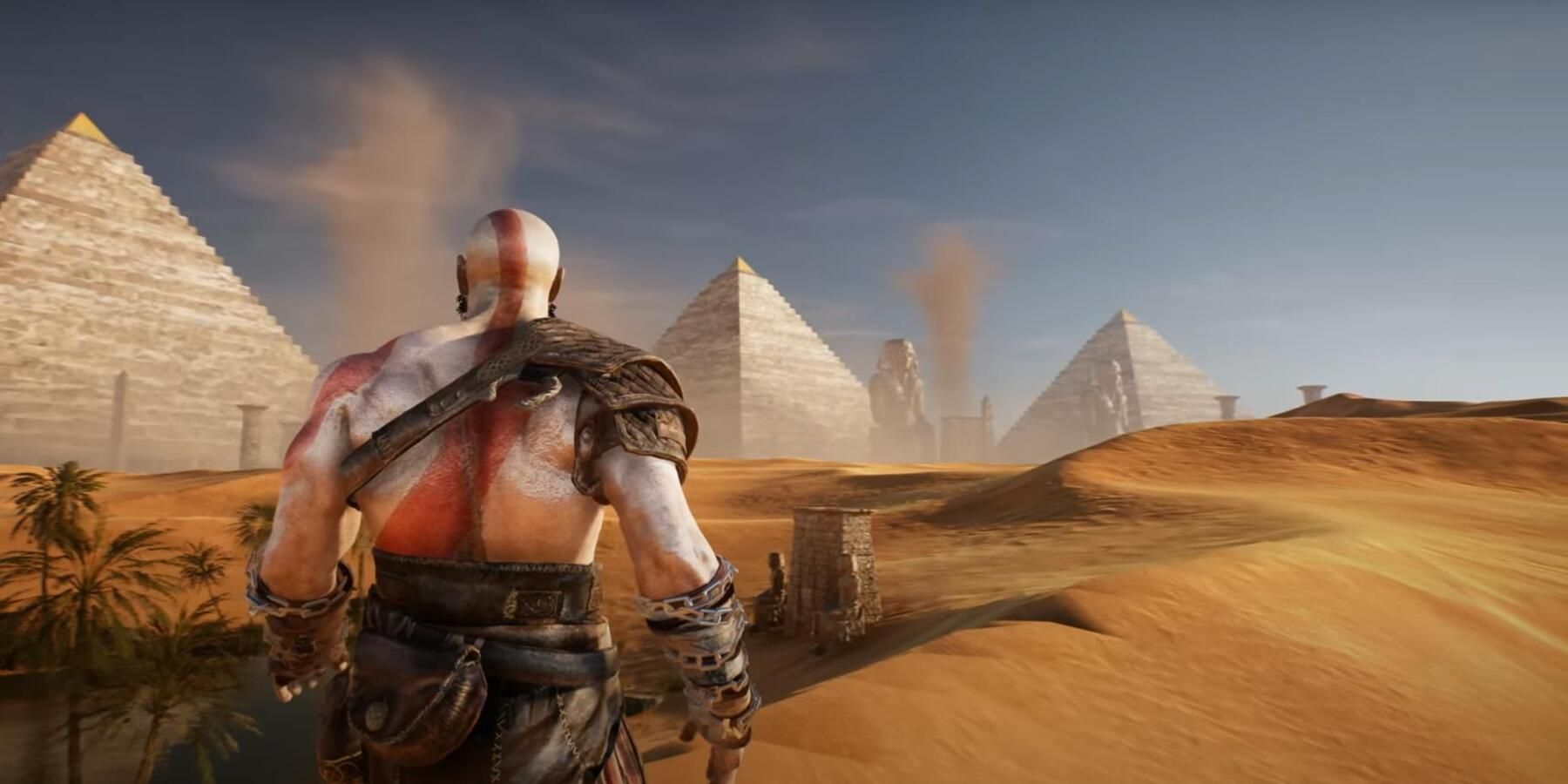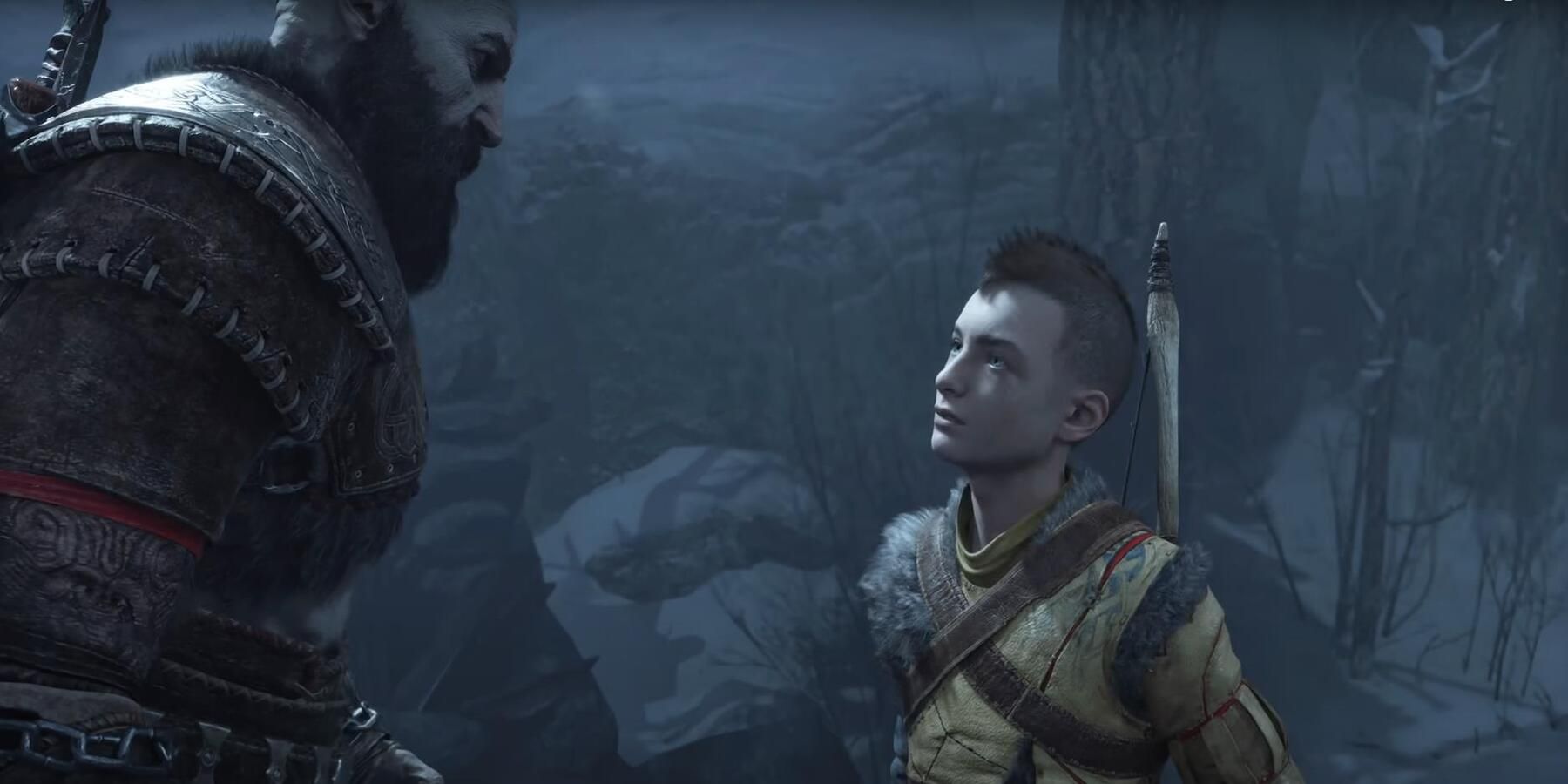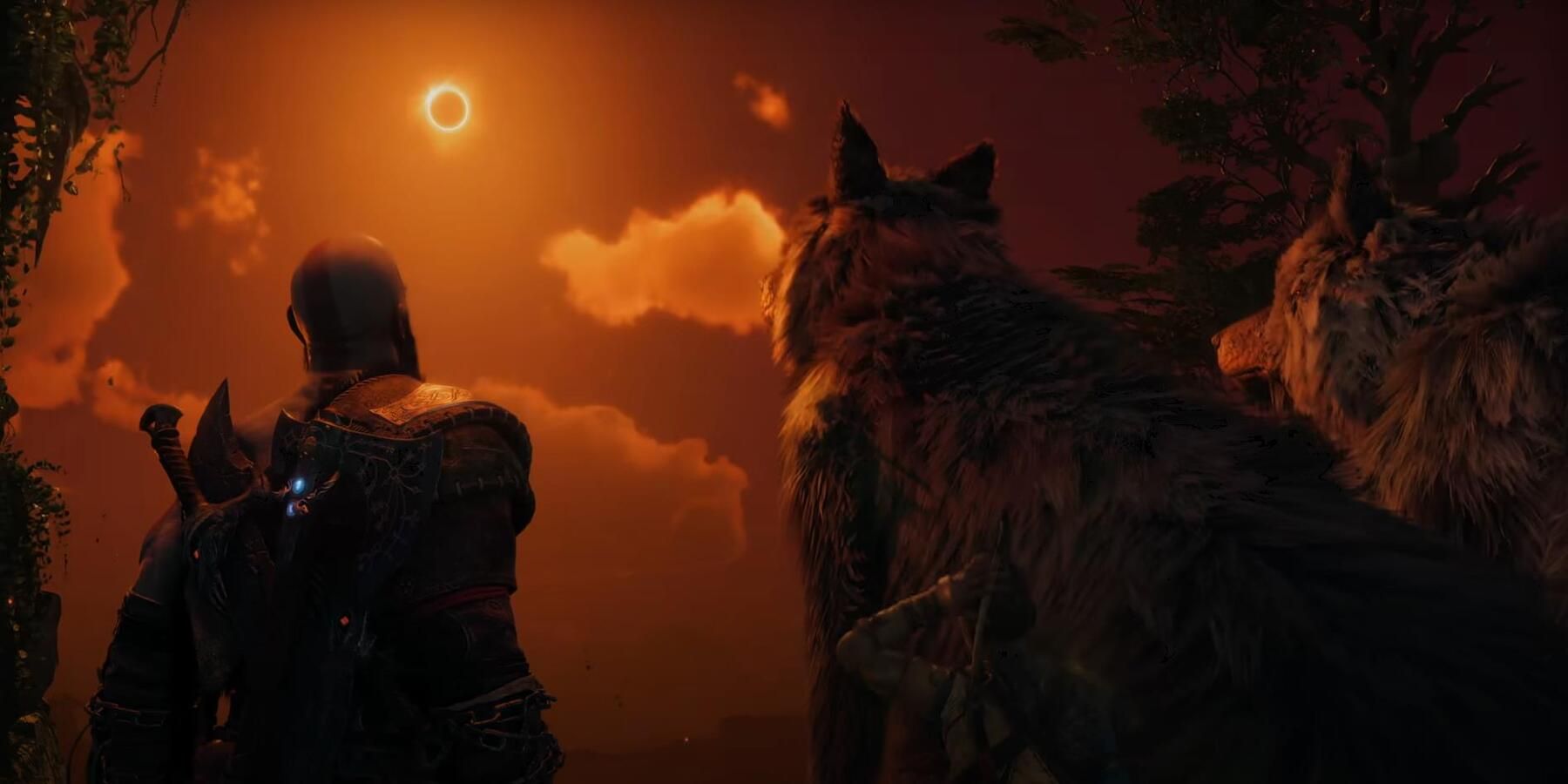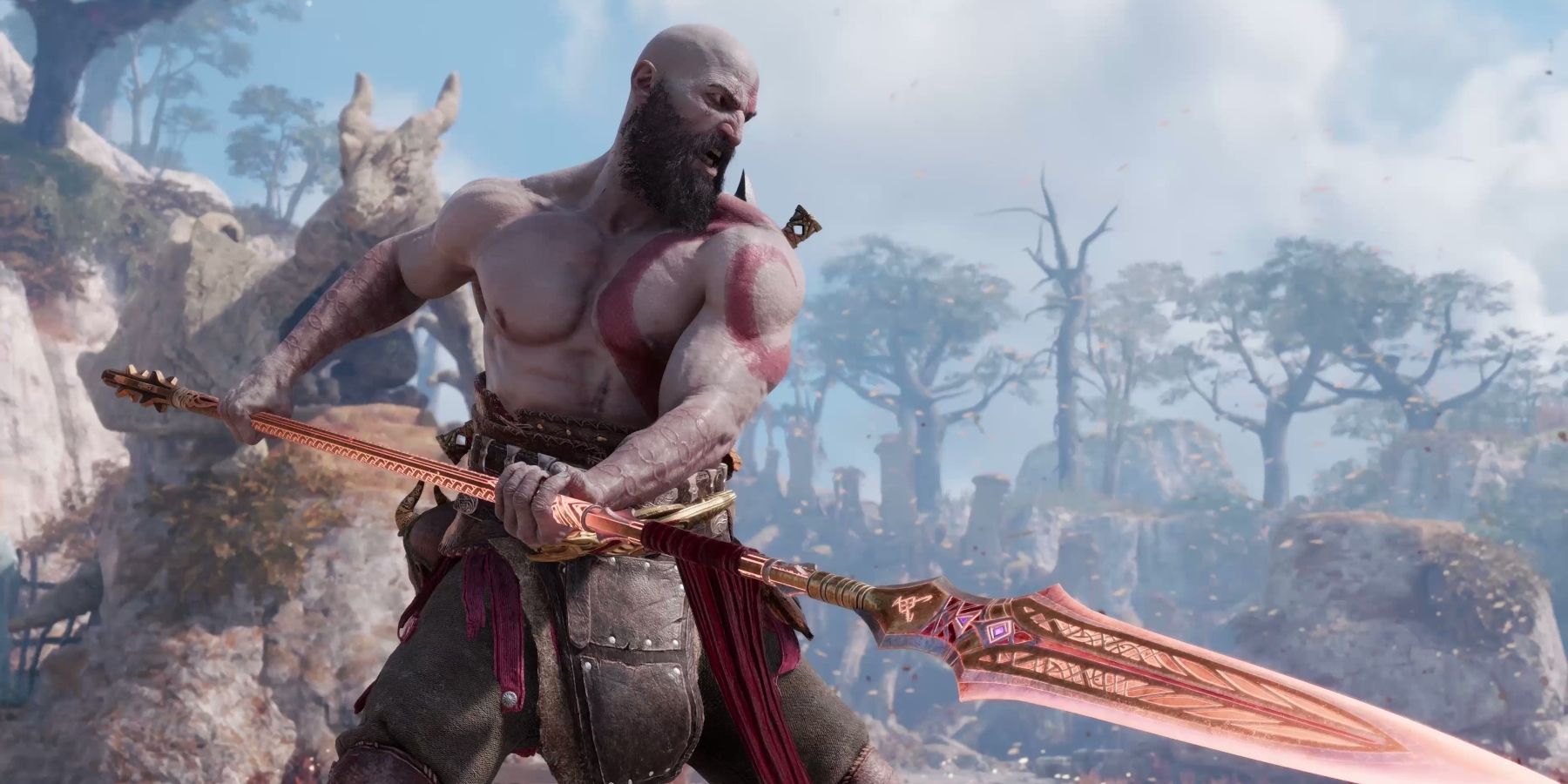
Unmasking the Achilles' Heel of an Egyptian God of War

Embracing a new pantheon, the upcoming God of War installment holds promise However, translating Egyptian mythology into captivating gameplay may present unique challenges, testing the developers' ability to deliver variety
God of War Ragnarok's conclusion hinted at the potential exploration of another ancient culture's mythology, following the Greek and Norse mythologies. The Egyptian mythology holds great potential for a sequel or spinoff to God of War. However, creating unique enemies might pose a challenge. The 2018 soft reboot delivered a bold design shift that elevated the franchise to new heights, and God of War Ragnarok continued to uphold the same level of quality while expanding on it in various significant aspects.
The story between the two games reached a climax with an open-ended separation between Atreus and Kratos, allowing for various intriguing paths for the inevitable third installment. Little is known about Sony Santa Monica's plans, including whether Kratos will remain the central character in the next game. Yet, there are subtle hints within the world of God of War that suggest the protagonist will engage in conflicts with a distinct pantheon of deities.
A Fresh Start for God of War is Coming
If the God of War franchise chooses to explore a different pantheon, it would be highly logical for them to focus on the rich Egyptian set of gods. In the 2018 God of War, this possibility was hinted at when Atreus wore a discovered piece of Egyptian pottery as a helmet. Initially, the plan was to center the soft reboot around an Egyptian God of War, as revealed by Cory Barlog. However, Norse mythology took precedence during pre-production.
While it may not be as drastic of a leap as before, the next God of War installment could greatly benefit from a refreshed setting. The Nine Realms in the previous games provided players with diverse landscapes and a range of enemies. Yet, fans are eagerly anticipating a change of pace, as hinted in the closing act of God of War Ragnarok. It appears that Egypt is the most likely destination for the franchise's rejuvenation.
An Egyptian God of War Will Need to Focus on Variety
Egypt in the upcoming God of War game offers more than meets the eye. Beyond the Saharan desert biome with skeletal warriors and giant scorpions, lies the lush Nile River Valley where crocodiles and hippos can be conquered. Exploring the grand necropolises and pyramids would offer lengthy gameplay, battling the ever-present mummies. Additionally, the game could delve into the Egyptian underworld, known as Duat, providing a unique cosmic setting and diverse enemies to defeat. Cairo and Memphis, with their sprawling urban centers, would add a refreshing architectural change to the franchise. Sony Santa Monica can easily handle the challenge of incorporating diverse locations in this potential sequel.
There are numerous unique gods in the Egyptian pantheon that could serve as formidable adversaries or allies in the next installment of God of War. Characters like Ra, Osiris, Isis, and Anubis, who possess larger-than-life animalistic attributes, would seamlessly fit into the game without much need for modification. The real challenge lies in the creation of engaging and varied lower-tier enemies. Whether it involves minor mummies, undead armies, or swarms of scarab beetles, designing innovative gameplay mechanics for these less powerful foes will be crucial. Sony Santa Monica, however, has proven its ability to tackle such challenges, making them the ideal studio for an Egyptian-themed God of War game.
God of War Ragnarok is now available on both PS4 and PS5 platforms.















